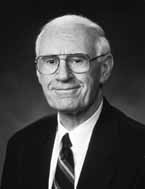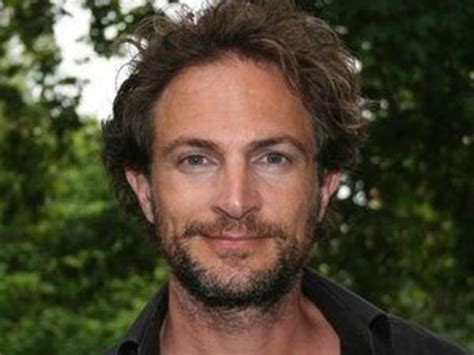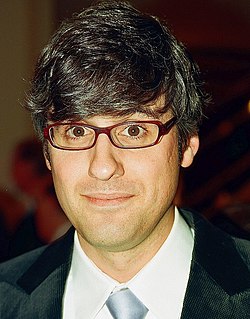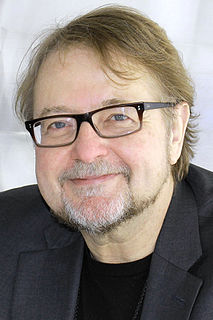A Quote by Athanasius of Alexandria
Even on the cross He did not hide Himself from sight; rather, He made all creation witness to the presence of its Maker.
Related Quotes
Your attitude should be the same as that of Christ Jesus: Who being in very nature God, did not consider equality with God something to be grapsed, but made himself nothing, taking the very nature of a servant, being made in human likeness. And being found in appearnace as a man, he humbled himself and becamse obedient to death-even death on a cross!
p.61 He [Roark] was usually disliked, from the first sight of his face, anywhere he went. His face was closed like the door of a safety vault; things locked in safety vaults are valuable; men did not care to feel that. He was a cold, disquieting presence in the room; his presence had a strange quality: it made itself felt and yet it made them feel that he was not there; or perhaps that he was and they weren't.
Eric Seven does not believe in love at first sight. He corrects himself. Even in that moment, the moment that it happens, he fees his journalist’s brain make a correction, rubbing out a long-held belief, writing a new one in its place. He did not believe in love at first sight. He thinks he might do so now.
The idea that hunting is one against one is ludicrous. It's one animal versus the hunter, the manufacturer of the rifle, the bullet maker, the designer and manufacturer of the telescopic sight, the auto manufacturer who made the car the hunter got to the edge of the wild in, the maker of his waterproof shoes, the various manufacturers of his mittens, glasses, overcoat - and that's only the beginning of the list. The "sportsman" who shoots an animal should then make a speech, like the actor who wins an Oscar does, thanking the multitudes behind the scenes who made this "victory" possible.
Everything is biographical, Lucian Freud says. What we make, why it is made, how we draw a dog, who it is we are drawn to, why we cannot forget. Everything is collage, even genetics. There is the hidden presence of others in us, even those we have known briefly. We contain them for the rest of our lives, at every border we cross.
You should be real witnesses of a world of doing and acting differently. But in life it is difficult for everything to be clear, precise, outlined neatly. Life is complicated; it consists of grace and sin. He who does not sin is not human. We all make mistakes and we need to recognise our weakness. A religious who recognises himself as weak and a sinner does not negate the witness that he is called to give, rather he reinforces it, and this is good for everyone. What I expect of you therefore is to give witness. I want this special witness from religious.
As in the presence of the Master, the Servants are equall, and without any honour at all; So are the Subjects, in the presence of the Soveraign. And though they shine some more, some lesse, when they are out of his sight; yet in his presence, they shine no more than the Starres in presence of the Sun.
Worship is a powerful witness to unbelievers-if God's presence is felt, and if the message is understandable. God's presence must be sensed in the service. More people are won to Christ by feeling God's presence than by all our apologetic arguments combined. Few people, if any, are converted to Christ on purely intellectual grounds. It is the sense of God's presence that melts the heart and explodes mental barriers.











































